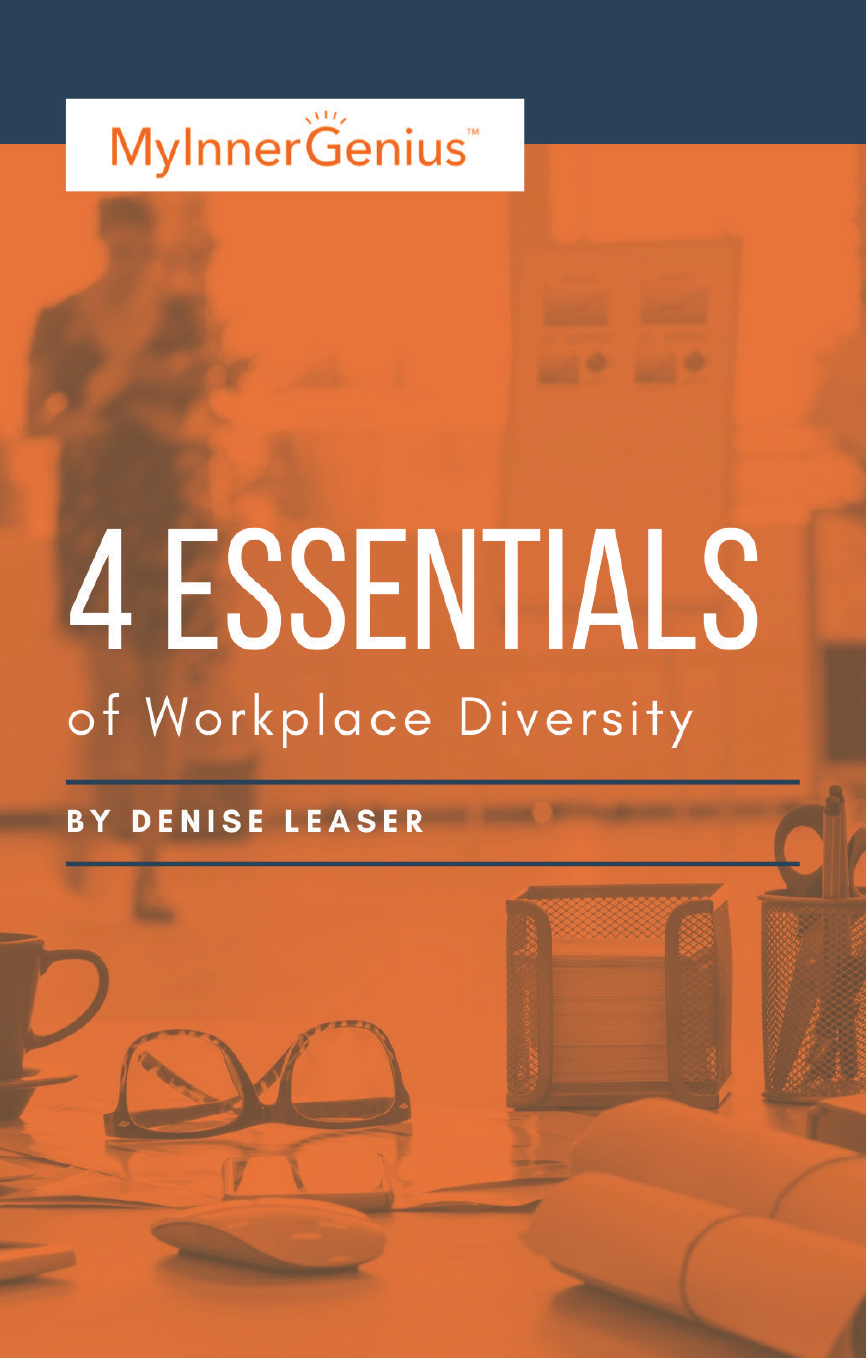Let’s engage in a hypothetical: you’re hiring for a project manager. The best candidate is out there. She not only has a solid job history for the position but also has interests and off-the-clock hobbies that make her an ideal choice to fill your role. Over time, you discover the hidden potential in her that makes you believe should easily transition into a senior project manager role and eventually beyond.
But she never gets an opportunity to interview, because of the bias built into your hiring process.
Your natural response is to say “well, I’m not biased!” And perhaps not. But hiring practices have stayed the same for a very long time now, even though the demographics of our country and other social structures have changed radically. So even though you may have the best intentions when you’re looking to hire for a position, the traditional hiring process just might be thwarting your attempts to hire equitably.
How can you game the hiring system to create a diverse, equal, and inclusive workforce? Well, unfortunately, you can’t. As with most important things in life, there are no shortcuts here. Eliminating bias means changing your hiring practices entirely, probably a few times until you find a system that works for your company. But, while the task may seem daunting, the result is worth it. So, how to get started?
I’ve compiled three things you can do right off the bat to help reduce hiring bias. These are both good starting strategies and good tentpoles to make adjustments around once you’re a little further into restructuring your hiring process. Most importantly, they’re cost-effective ways to begin, so you won’t feel like you’re breaking the bank in addition to making sweeping changes to your hiring methods.
Pre-Hire Assessments
I’m going to say something that hiring professionals might find a bit radical: I think it’s time to ditch resumes! Not only do they fail to tell us anything meaningful about the candidate, but resumes are also one of the easiest ways for unintentional bias to infiltrate the hiring process. When you hire off of a resume, you hire based on qualifications that, in reality, don’t matter very much like where a candidate attended college or their previous jobs.
Consider this: if an applicant has the skills to perform the role you’re asking for, does it truly matter how they got them? So often, we as hiring professionals get stuck thinking about education in a purely academic sense, but knowledge and skills can be attained in so many different ways. A switch from resumes to administering pre-hire assessments will give you the information about your candidates that is relevant.
A pre-hire assessment should be one of the first hurdles in the hiring process. When used before the interview, you filter down to the candidates that have what you’ve determined to be successful qualities. Will a candidate need to be detail-orientated, offer creative solutions to problems, and be an effective, empathetic communicator to thrive in your workplace? These are the kinds of skills you can glean when you make a standard assessment part of the application process, where all applicants can be examined on the same, essential criteria.
Structured Interviewing
Interviews are the most expensive part of the hiring process, simply because they take the most time. You sit down with a candidate for 30 minutes to an hour for a standard interview; if you have more than a handful of interviews, several weeks of your working life could be spent solely devoted to finding the right candidate. Free-form interviews are a huge time suck and could also introduce bias into the process, depending on how well you get on with the candidates. To combat this, I suggest a more structured interview approach.
Try to minimize off-topic chit-chat and have your questions selected beforehand and ask the same questions to each interviewee. This will reduce the amount of time you spend conducting the interviews and ensure that every applicant gets the opportunity to answer all of your important questions. If possible, conduct the interview with a co-worker present, so you can hold each other accountable for sticking to the structured process.
Digital Badges
The third thing you can do is create a system for verifying knowledge and competencies with digital badges. Digital badges are competency-based and skill-based and have searchable meta-data to show all of the competencies demonstrated by the badged activity.
Badges are, in my opinion, almost essential for any unbiased approach to hiring. They are an easy way for candidates to demonstrate their competencies regardless of the hiring manager’s familiarity with the experience with the subject matter. They also help hiring managers search for candidates that have the competencies and skills the role they’re hiring for requires. Digital badges are verifiable, have rigor behind them, and are a much better representation of an applicant’s skills than a resume. Finally, they create a pathway for the candidate to directly display their experience, verified knowledge, and competencies to the hiring manager.
These three methods are not the end-all solution to fighting bias in the hiring process, but they are easy and cost-effective ways to get the ball rolling if creating a diverse, equal, and inclusive workforce is your priority. Not every approach will apply to every company and you’ll need to experiment to find out which solutions work best for your business. The benefits you’ll get from reevaluating your hiring process will make up for the time it takes to implement the changes.
While structured interviews and digital badges will be on you to implement, MyInnerGenius offers thoughtful, productive, and employer-friendly assessments that get to the heart of the applicant and make it much easier to decide who has the right potential for your position. Our assessments yield proven positive results (just ask IBM and Starbucks). Ready to try one—for free? For more info on our career fitness assessments and to enjoy a free demo, visit us at https://trywebassess.com/request_demo/

